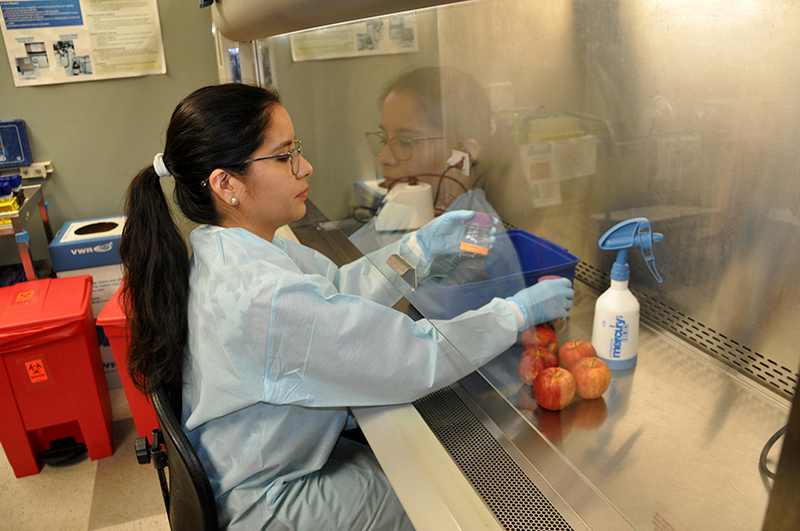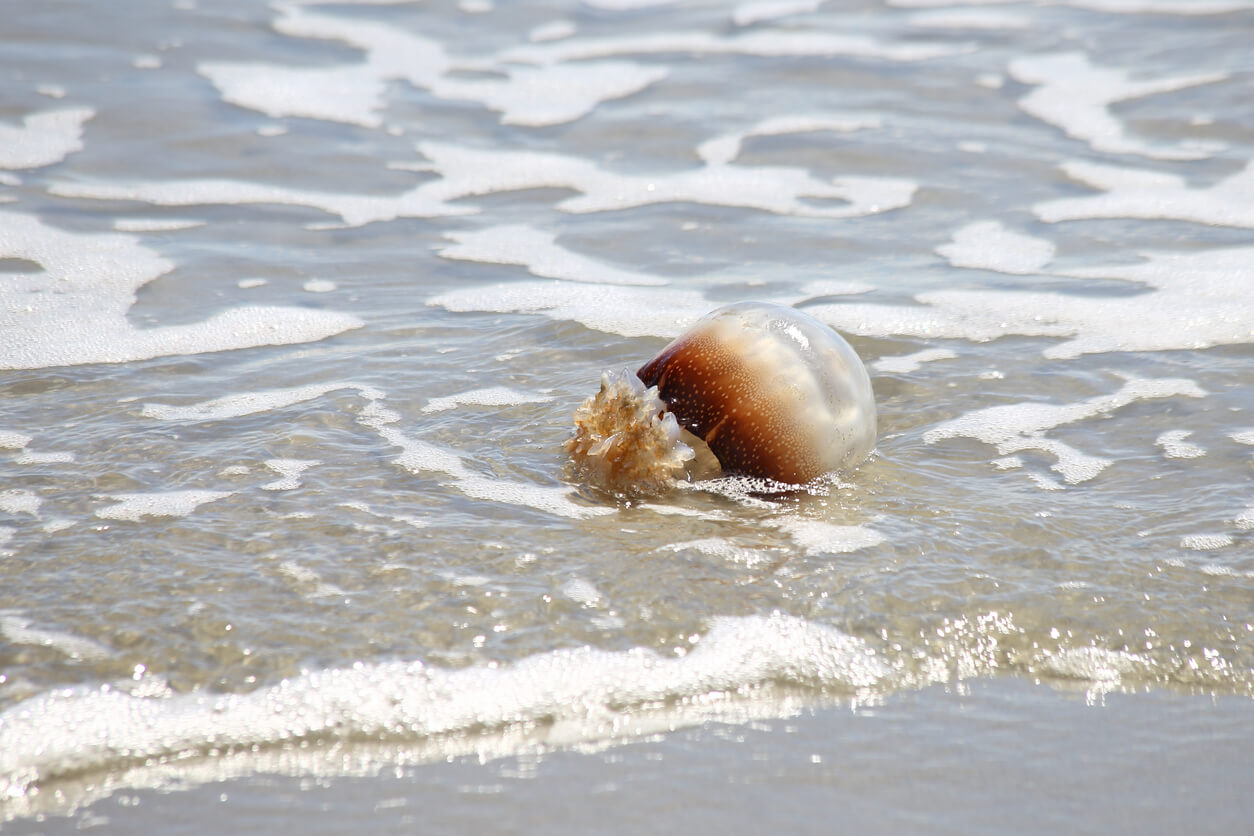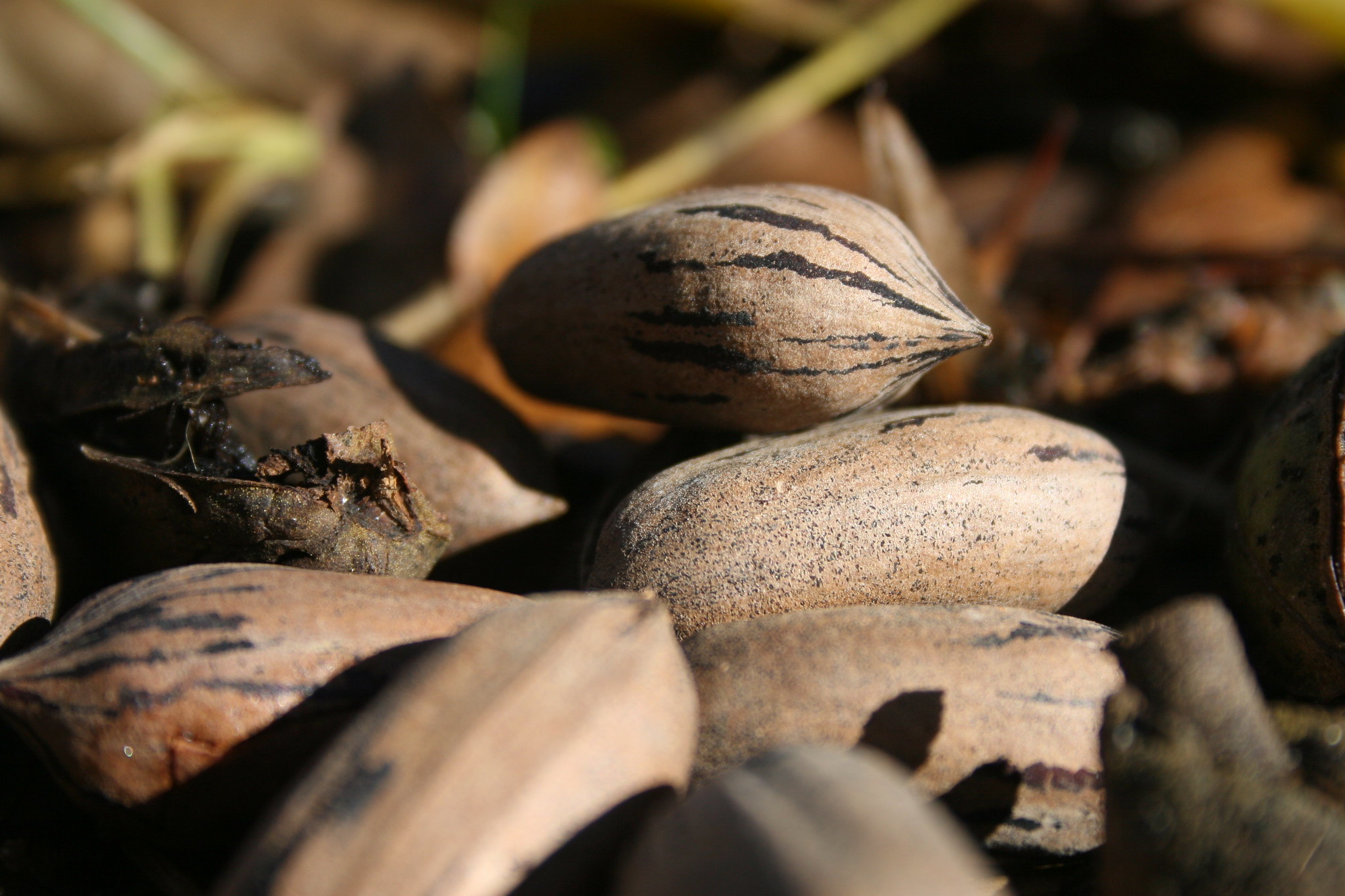 CAES News
CAES News
Climate Adapted Pecans
Georgia is the nation's leading pecan-producing state — and University of Georgia researchers intend to keep it that way. Working with an international team of experts, four faculty from the UGA College of Agricultural and Environmental Sciences have received a U.S. Department of Agriculture National Institute of Food and Agriculture award for the second phase of a study to adapt one of Georgia’s top commodities, the pecan.

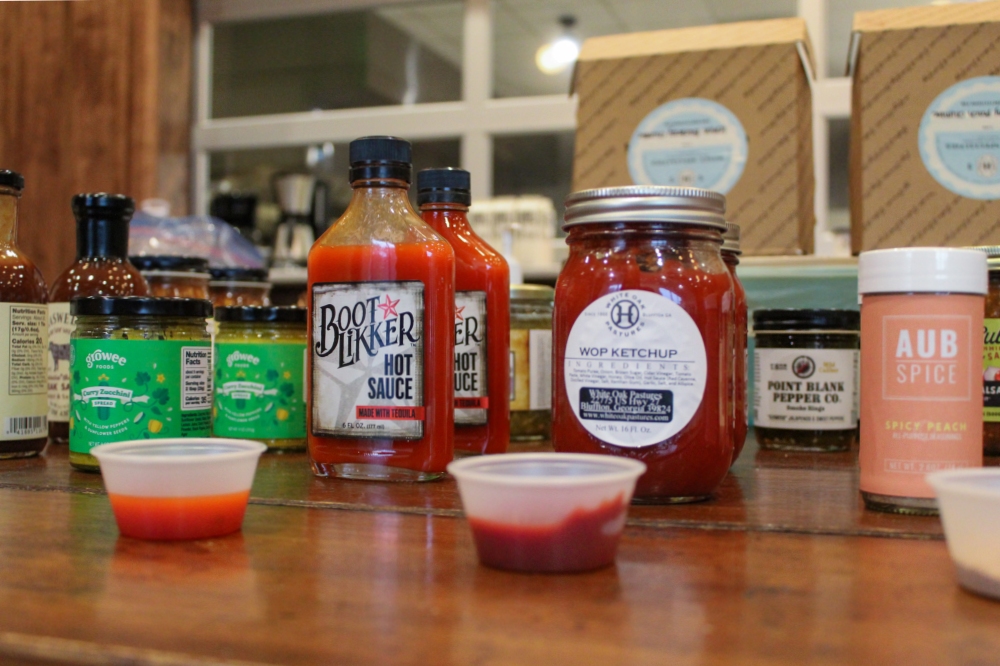
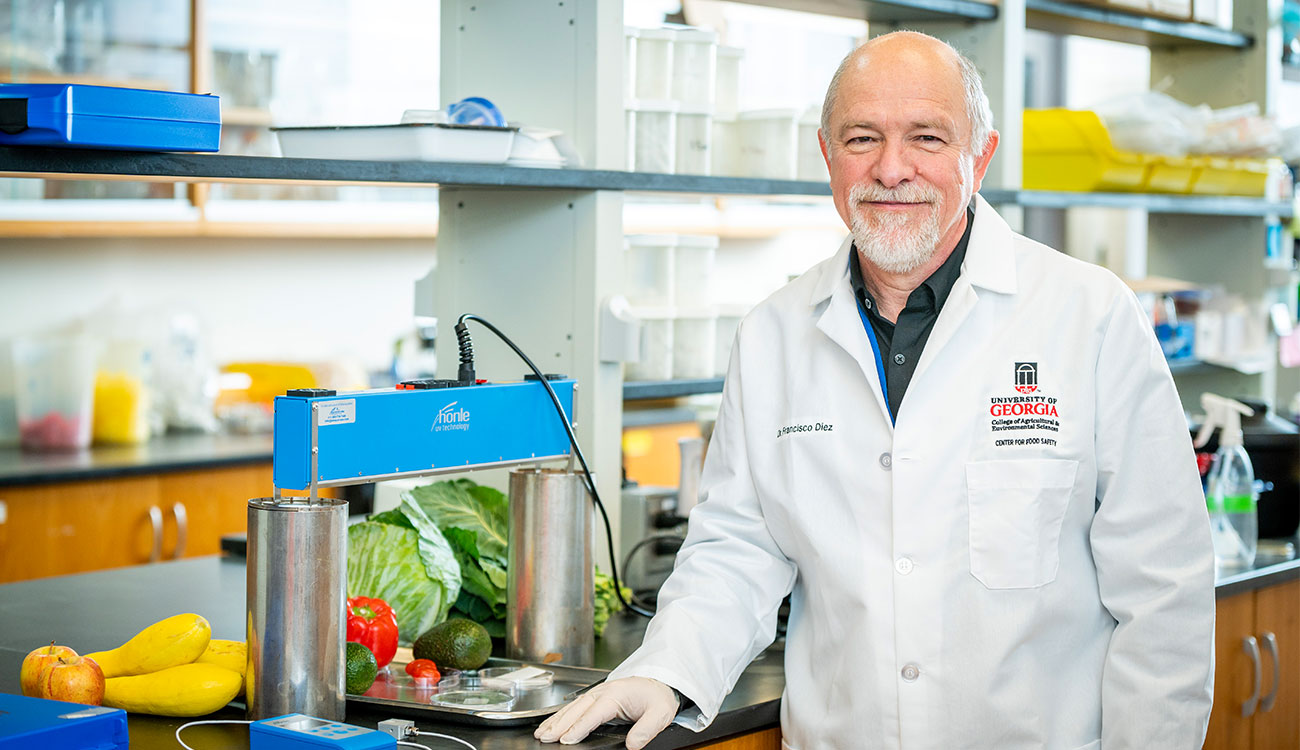
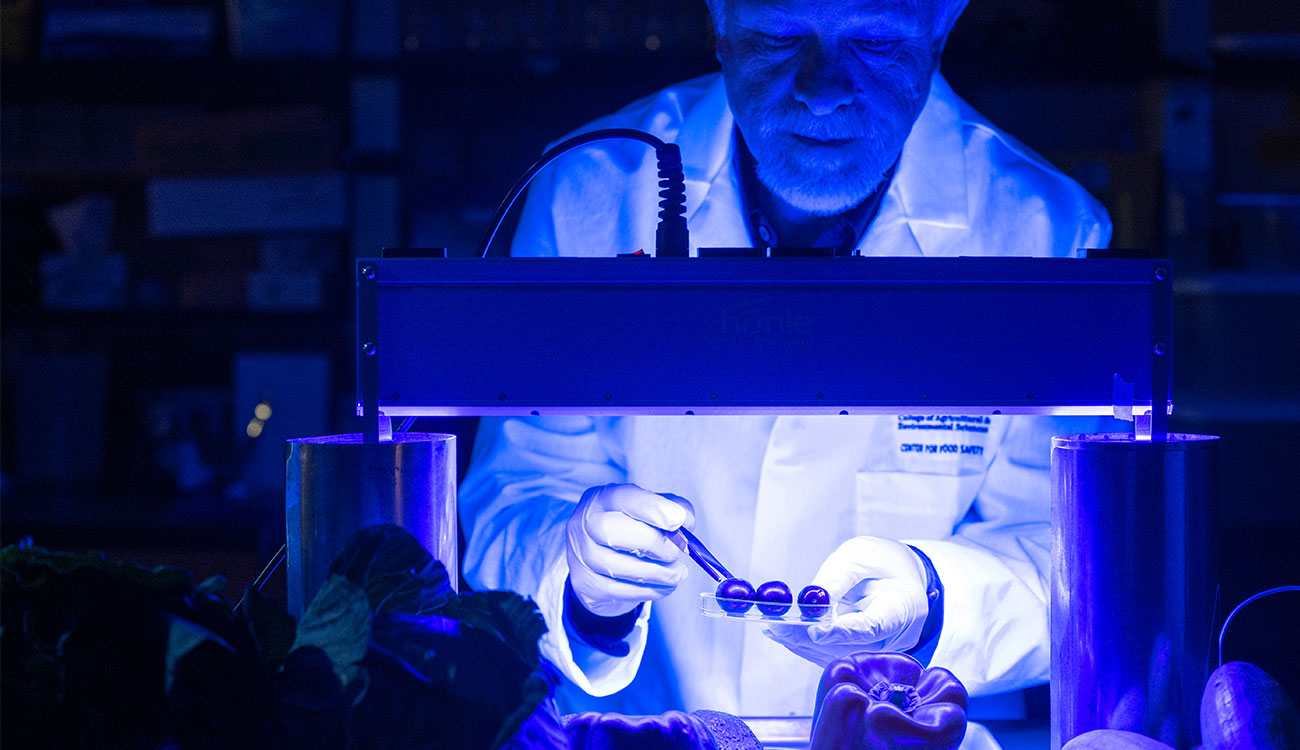
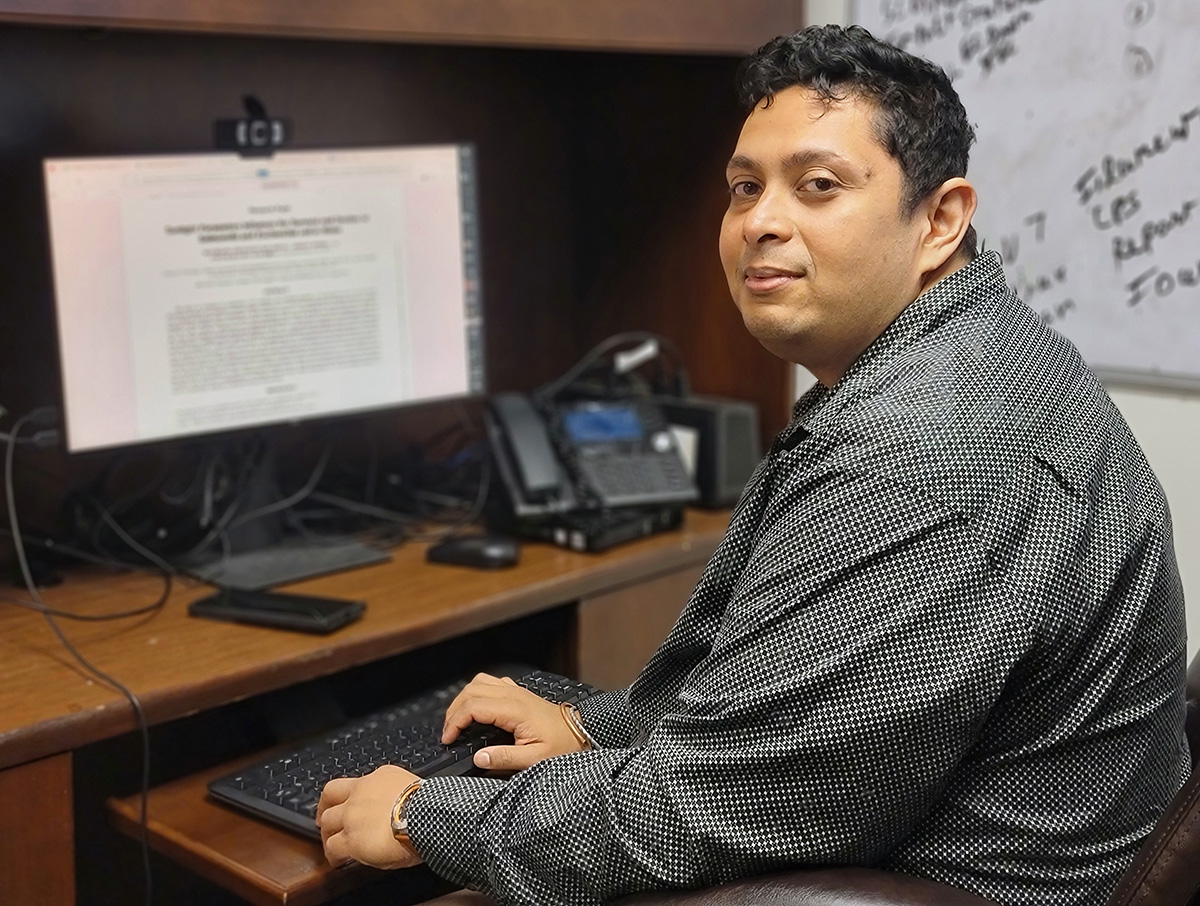
.png)
